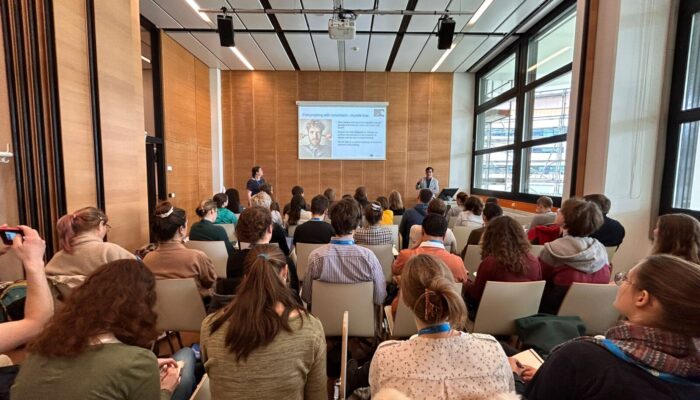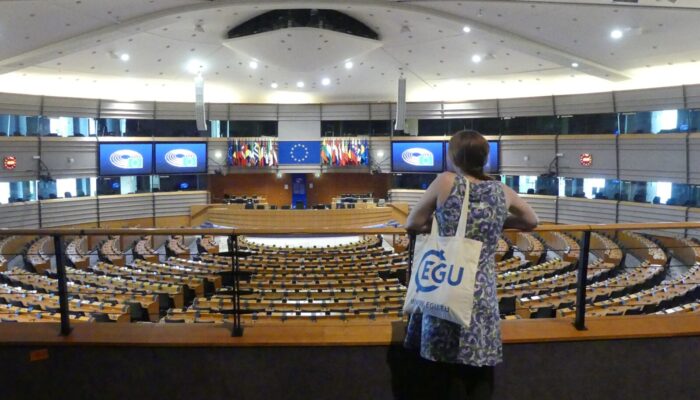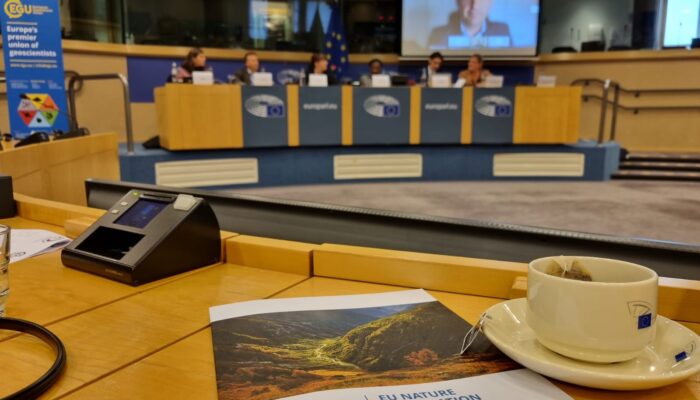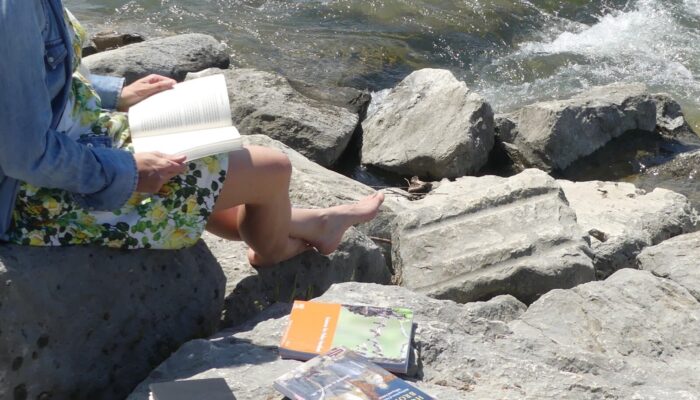Each year, the EGU’s Science for Policy Programme at the EGU General Assembly provides participants with insights on how their research and expertise can be integrated into the policymaking process and the opportunities that exist for them to engage. This month’s GeoPolicy Blog post highlights some of the exciting #Sci4Pol sessions and initiatives that you can engage with! While this blog post hig ...[Read More]
GeoPolicy: Your guide to EGU’s 2025 science for policy activities
The EGU’s Science for Policy Programme is continually developing and expanding to help provide EGU members with opportunities to engage with policymaking processes and to support European policymakers in making evidence-informed decisions. This GeoPolicy blog post kicks-off the New Year by outlining a few of the key science for policy activities that you can look forward to and engage with in the ...[Read More]
GeoPolicy: 10 steps for creating a knowledge synthesis for policy impact
When working on legislation, policymakers often require scientific evidence or expertise to support their decision-making. Scientific information can help policymakers to identify any unintended consequences of a policy decision and access solutions that they may not have otherwise considered. In many cases, the information that researchers give to policymakers is a summary of a single study that ...[Read More]
GeoPolicy: Your 2024 Science for Policy Summer Reading list
As the days grow warmer and you start to think about your summer holidays or field work, you might also be looking for a book or two to help you unwind! Whether you’re lounging by the pool, enjoying a picnic in the park, or resting after a long day in the field, summer is the perfect backdrop for getting lost in a good read. This month’s blog post highlights several books that have been reco ...[Read More]




